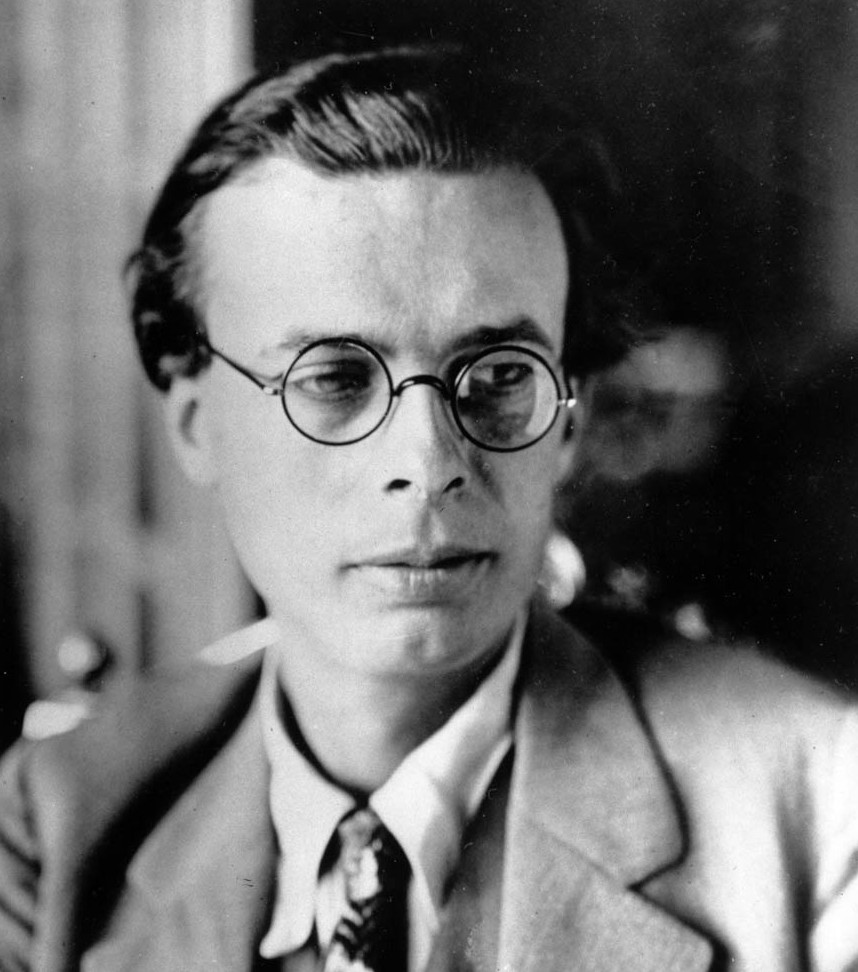
Aldous Huxley
Biography
Aldous Huxley was born into a prominent intellectual family in Godalming, England, in 1894. After a serious illness left him partially blind as a youth, Huxley abandoned his dreams of becoming a scientist to pursue a literary career. In 1916 he graduated with honors from Balliol College at Oxford University and published a collection of poems. Five years later he published his debut novel Crome Yellow, which brought him his first taste of success. He followed with several more equally successful satirical novels before publishing the work for which he is best known, Brave New World. A dark vision of the future, it is widely regarded as one of the greatest novels of the 20th century. Huxley moved to the United States in 1937 and for the rest of his life maintained a prolific output of novels, nonfiction, screenplays and essays. He died of cancer in Los Angeles, California, in 1963.
Early Life
Aldous Huxley was born in Godalming, England, on July 26, 1894. The fourth child in a family with a deep intellectual history, his grandfather was the noted biologist and naturalist T. H. Huxley, an early proponent of Charles Darwin’s theory of evolution; his father, Leonard, was a teacher and writer; and his mother, Julia, was a descendant of the English poet Matthew Arnold. In adulthood, Huxley’s older brothers, Julian and Andrew, would both become accomplished biologists, and Huxley himself envisioned a future career in science from an early age.
Works
Huxley established himself as a major author with his first two published novels, Crome Yellow (1921) and Antic Hay (1923); these are witty and malicious satires on the pretensions of the English literary and intellectual coteries of his day. Those Barren Leaves (1925) and Point Counter Point (1928) are works in a similar vein.
Brave New World (1932) marked a turning point in Huxley’s career: like his earlier work, it is a fundamentally satiric novel, but it also vividly expresses Huxley’s distrust of 20th-century trends in both politics and technology. The novel presents a nightmarish vision of a future society in which psychological conditioning forms the basis for a scientifically determined and immutable caste system that, in turn, obliterates the individual and grants all control to the World State. The novel Eyeless in Gaza (1936) continues to shoot barbs at the emptiness and aimlessness experienced in contemporary society, but it also shows Huxley’s growing interest in Hindu philosophy and mysticism as a viable alternative. (Many of his subsequent works reflect this preoccupation, notably The Perennial Philosophy [1946].) In the novel After Many a Summer Dies the Swan (1939), published soon after he moved to California, Huxley turned his attention to American culture.
